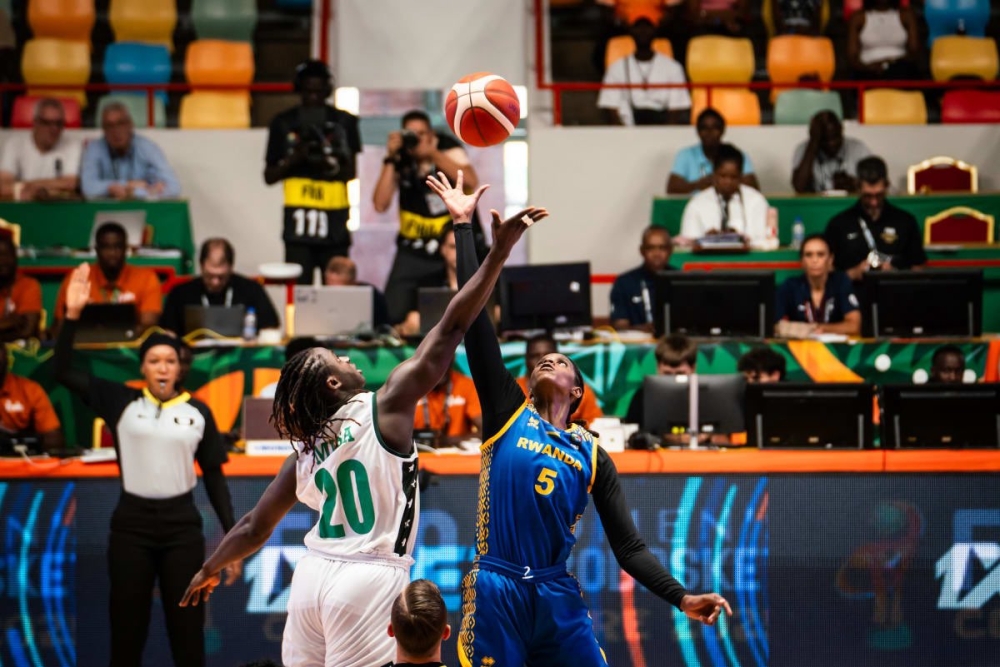According to the Ombudsman’s report the media in Rwanda was the least corrupt.I would like to share my views on the current situation of our media and how it operates. This process will help you, the reader, make your own mind as to whether the report was factual.


According to the Ombudsman’s report the media in Rwanda was the least corrupt.
I would like to share my views on the current situation of our media and how it operates. This process will help you, the reader, make your own mind as to whether the report was factual.
The report was compiled asking respondents their ‘perceptions’ of the various organs that were studied.
The current state of the media will puzzle anyone who wants to know if there is corruption in the media.
This is so because if you look at how our media, operates, you end up with more questions than answers.
One of statements repeatedly made by media Practitioners and those owning media businesses is that they are not allowed to get advertisement from state owned institutions-happen tobe be with the largest advertisrs.
Yet for any media house to survive they have to generate money.
The only way this is possible is through advertising or sales of individual newspaper issues.
Surviving on sales of newspapers is impossible; none of local newspapers are in a position to print more than one thousand copies.
Since this is the case, how then do people in the media industry handle the daily costly expenses of operating a media house? Printing, rent and salaries are expenses that have to be incurred.
This reminds me of the time I was listening to the BBC Kinya-rwanda talk show ‘Gahuzamiryango’.
The topic being discussed was how private media in Rwanda was denied access to advertisements from government owned institutions.
The BBC hosts had two Chief Editors and Publishers of local news papers in the studio and as the show wound down, one of the BBC reporters asked one of the editors how they raised money to keep their business operating. His answer was ‘bamwe muri abo bayobozi ni bo bayaduha’ (meaning that ‘some public officials give us money).
This makes me ask myself this question; "on what grounds do these officials provide the money and how do they justify it”? And if these officials don’t provide the money how else do my colleagues in profession handle this?
Doesn’t this lead to cases of ‘give me this amount of money if you don’t I publish this story about you, your company or relative ?
These issues are probably unknown by the majority of Rwandans. Unless the questions were put to those in the know, I’m left wondering why they even bothered interviewing those people.




